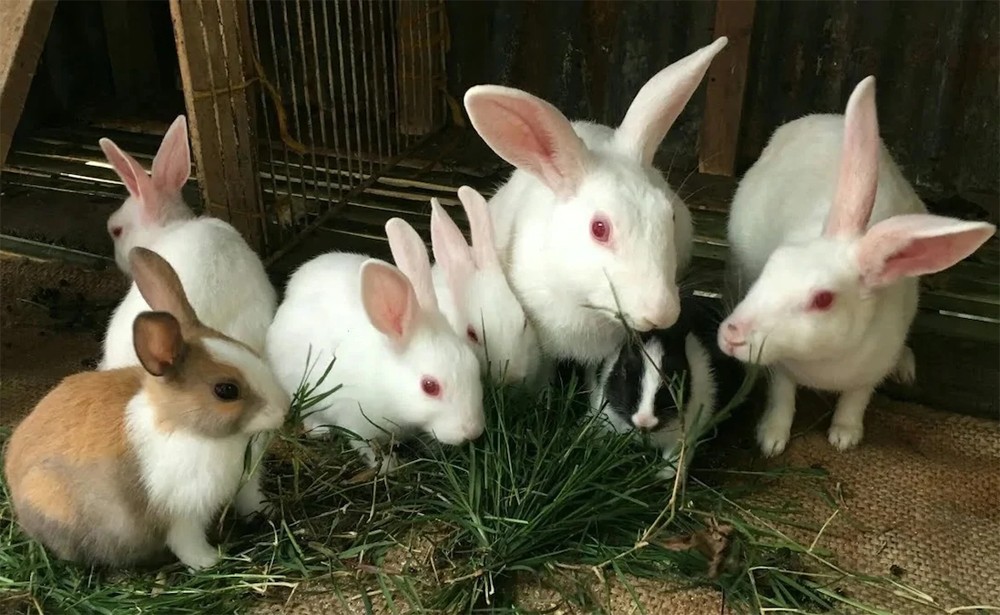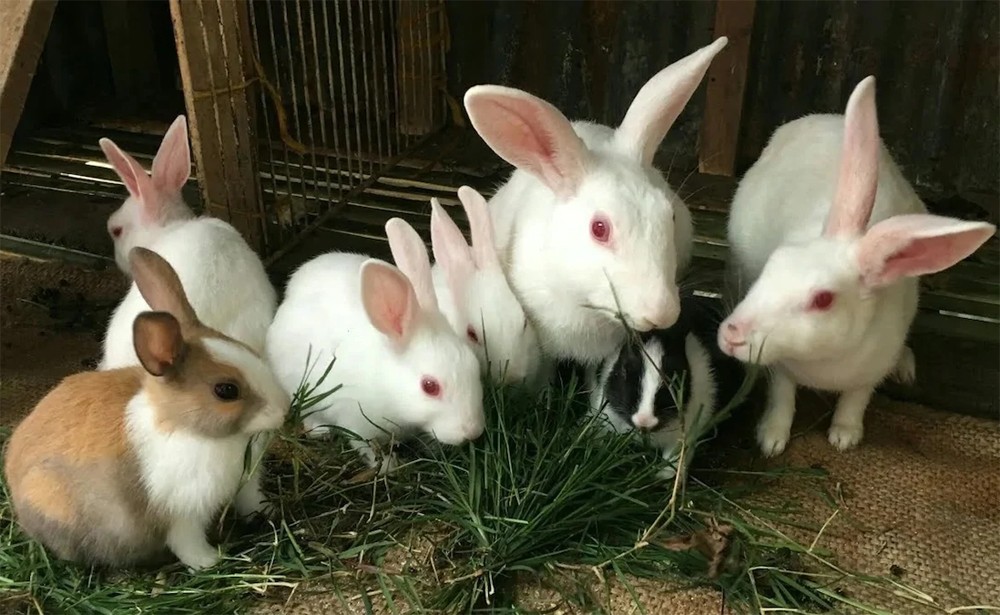
Are you looking to dive into a lucrative and sustainable agribusiness? Rabbit farming might be the perfect venture for you. With a growing demand for rabbit meat, fur, and manure, this business promises significant returns on investment. Here’s how to start a rabbit farming business that is highly profitable, and compelling for readers in Nigeria and across Africa.
Why Rabbit Farming?
Rabbit farming offers numerous benefits:
- High Reproductive Rate: Rabbits reproduce quickly, with a single doe (female rabbit) capable of giving birth to 30-50 kits per year.
- Low Startup Costs: Compared to other livestock, rabbits require less capital to start.
- Space Efficiency: Rabbits need minimal space, making it suitable for urban and rural settings.
- Nutritional Value: Rabbit meat is rich in protein and low in fat, catering to health-conscious consumers.
Steps to Start Your Rabbit Farming Business
1. Research and Planning
Before you start, thorough research is essential. Understand the market demand, potential customers, and the best breeds for your region. Popular breeds in Nigeria and Africa include the New Zealand White, Californian, and Chinchilla.
2. Create a Business Plan
Your business plan should outline your goals, target market, initial investment, and projected income. Include details on housing, feeding, breeding, and healthcare.
3. Choose a Suitable Location
Select a location with adequate space, proper ventilation, and protection from extreme weather conditions. Ensure easy access to clean water and feed.
4. Construct Rabbit Hutches or cages
Hutches and cages are the primary housing for rabbits. They should be elevated to avoid dampness and predators. Each hutch or cage should provide enough space for the rabbit to move comfortably. Wire mesh is ideal for the floor to allow droppings to fall through, keeping the hutch or cage clean.
5. Purchase Quality Breeding Stock
Invest in healthy, high-quality rabbits from reputable breeders. Ensure they are vaccinated and free from diseases. In Nigeria, you can source rabbits from reputable farms such as Z-Edge Agro, known for their quality stock and training programs.
6. Feeding and Nutrition
Rabbits thrive on a diet of hay, fresh vegetables, and commercial pellets. Provide clean water at all times. Supplement their diet with minerals and vitamins to ensure optimal health and growth.
7. Breeding Management
Manage breeding by pairing healthy bucks and does. Monitor the does during pregnancy and provide a nesting box as the due date approaches. After kindling, ensure the kits are kept warm and well-fed.
8. Healthcare and Maintenance
Maintain a regular health check schedule to prevent diseases. Vaccinate your rabbits and consult a veterinarian for any health issues. Clean the hutches or cages regularly to maintain hygiene.
9. Marketing and Sales
Identify your target market, which could include local butchers, restaurants, supermarkets, and direct consumers. Utilize social media platforms like Instagram and Facebook to promote your rabbit farming business. Create a website to reach a wider audience and provide valuable content about rabbit farming.
10. Networking and Training
Join rabbit farming associations and attend workshops to stay updated on best practices and new techniques. Networking with other farmers can provide valuable insights and support.
Success Stories
The success stories of rabbit farming in Nigeria and some parts of Africa are indeed verifiable. Here are some key examples:
1. Z-Edge Agro in Nigeria: Z-Edge Agro has successfully established a rabbit farm in Nigeria, showcasing the viability and profitability of rabbit farming in the region. Their farm provides an excellent model for prospective rabbit farmers, focusing on proper breeding, feeding, and healthcare practices. This information can be cross-verified through various agro-based platforms and their official website
2. FarmKonnect in Nigeria: FarmKonnect is another successful rabbit farming venture in Nigeria. They have demonstrated effective breeding and production techniques, contributing to the growing market for rabbit meat and by-products in Nigeria. Their success is well-documented and can be validated through their community outreach and business operation.
3. Rabbit Republic in Kenya: This Kenyan enterprise is a leading example of a successful rabbit farming business in Africa. They have made significant strides in rabbit meat production and distribution, catering to local and international markets. Rabbit Republic’s operations and impact have been featured in various agricultural reports and articles, confirming their success and influence in the industry.
These examples illustrate the potential and profitability of rabbit farming in Nigeria and Africa, making it a compelling investment opportunity for aspiring farmers in the region.
Conclusion
Starting a rabbit farming business in Nigeria and Africa is a profitable and sustainable venture. With careful planning, dedication, and the right resources, you can establish a successful rabbit farm that meets the growing demand for rabbit products. Follow these steps, learn from the success stories, and embark on your journey to becoming a successful rabbit farmer.
Are you ready to start your rabbit farming business? Take the first step today and unlock the potential of this lucrative agribusiness!
For more in-depth guidance and support, join our Rabbit Farming Masterclass. Limited slots available! Sign up now to secure your spot and start your journey towards agribusiness success.


